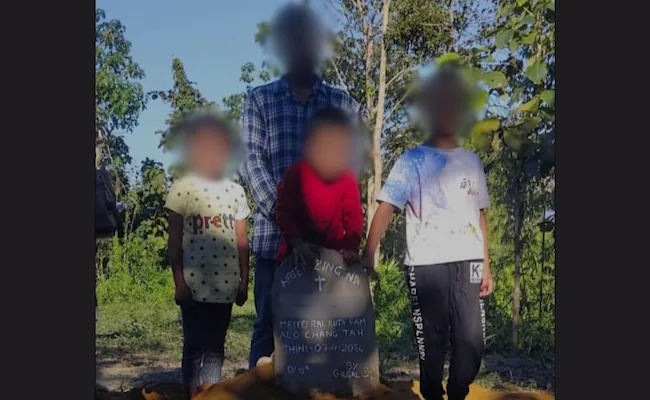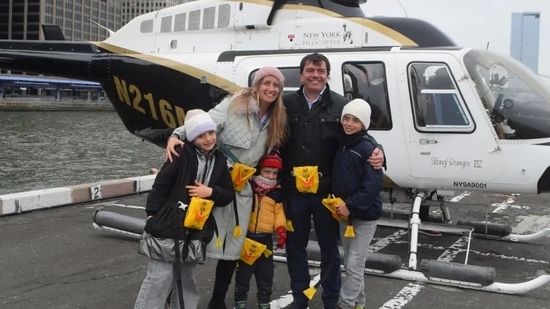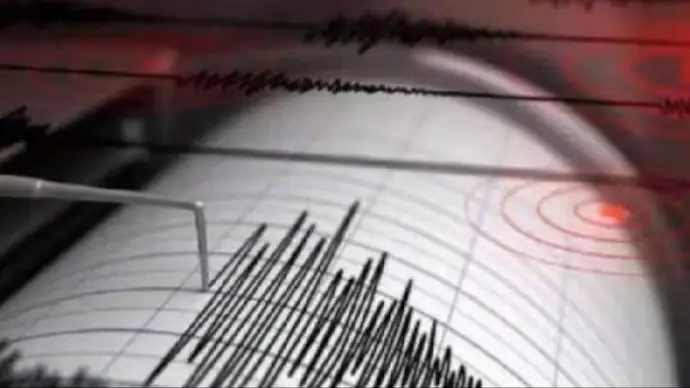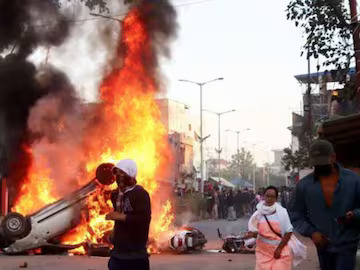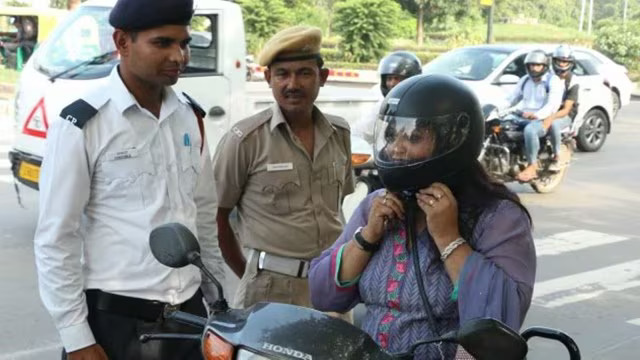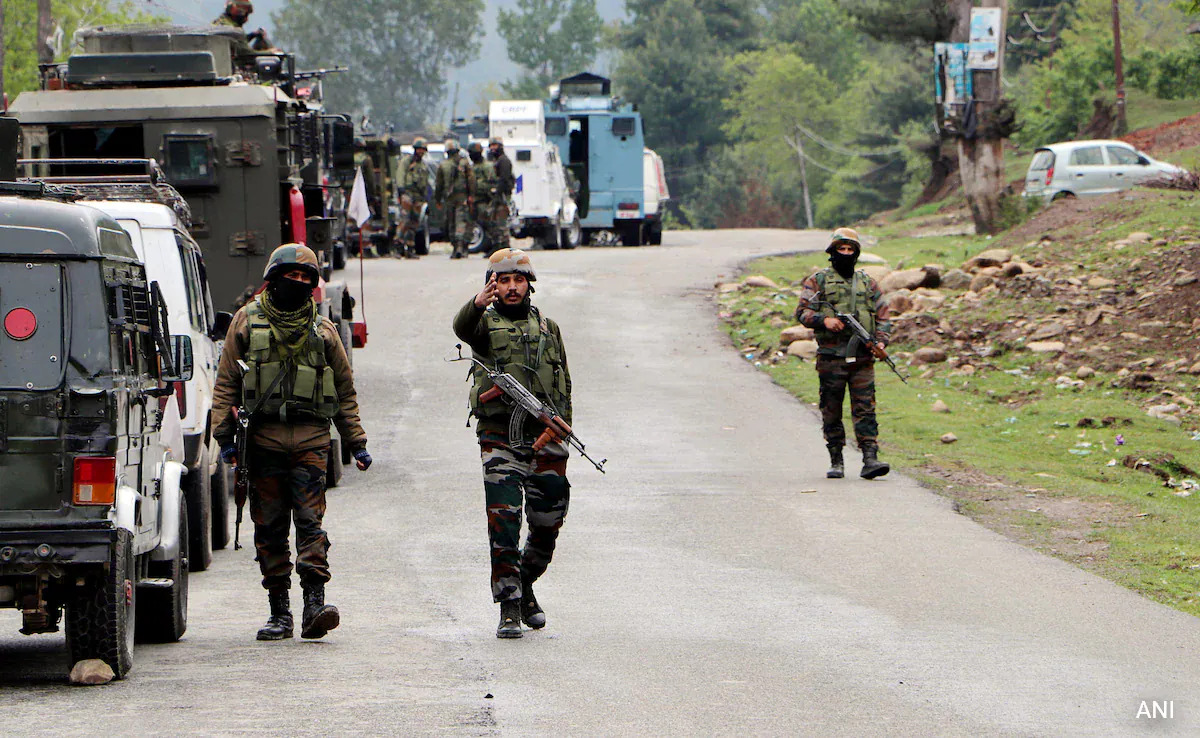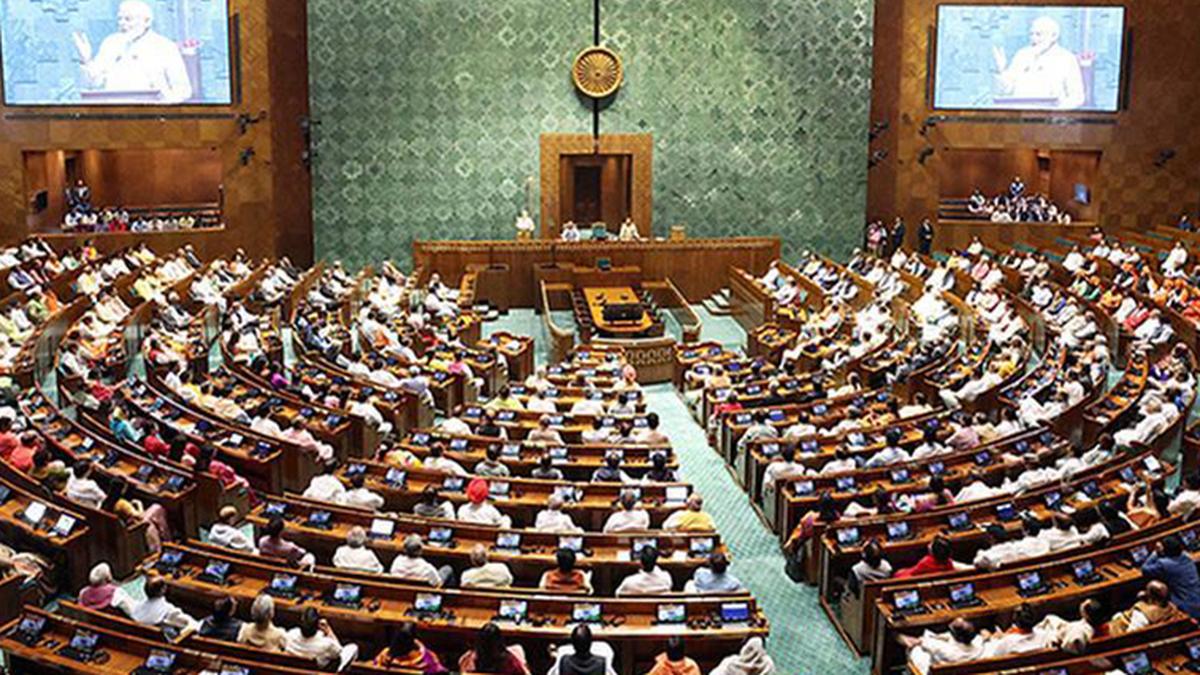There is a photo of a gravestone in Jiribam, taken on a November evening when the winter sunlight is a soft yellow. Three children are seen standing around the gravestone, on which the name of their mother has been etched with an epitaph.
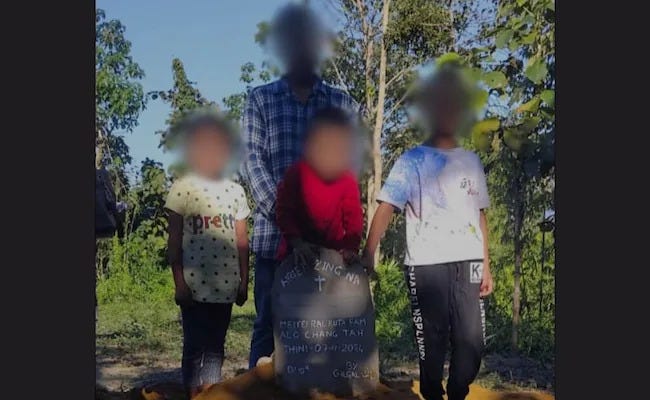
One of the worst cycles of the Meitei-Kuki ethnic violence in Manipur since May 2023 began on November 7 in Jiribam district, 220 km from the state capital Imphal, on the interstate border with Assam. At least 19 people have died, including 10 Kuki men who the police have called “militants”, in less than two weeks. The Kuki tribes claim the 10 men were “village volunteers”.
This multi-ethnic district, where a National Highway akin to a lifeline for Manipur passes through to reach Assam (and hence the rest of the country), had been violence-free for over a year until June, when the body of a Kuki teen was found in a river.
Kuki civil society organisations had alleged a Meitei armed group killed the teen and dumped him into the river. Then the body of a Meitei man was found, allegedly killed by a Kuki armed group in a retaliatory strike.In both the cases and the many thereafter that shattered whatever semblance of peace Jiribam had, the police have not conclusively found the accused. All that remained were videos on social media, voice messages on WhatsApp groups, photos, screenshots, etc that claimed they were what really happened among the many ‘truths’ competing for takers. While some of these viral content can be cross-checked to a high level of accuracy, most are simply unverifiable.
Real people died, but narratives went on gliding smoothly through the airwaves.
November 7 Attack On Hmar Village
The macabre murders of six members of a Meitei family — including an infant, a two-year-old boy, and an eight-year-old girl — by suspected Kuki militants in Jiribam appeared to be the closing of the cycle of violence that began on November 7, when a woman from the Hmar tribe, mother of three little children and school teacher, was allegedly raped, shot in the leg, killed and set on fire by suspected Meitei militants in Jiribam’s Zairawn village
The suspected Meitei militants set fire to several structures, including the school teacher’s house, which stood at the end of a row of houses in Zairawn village, eyewitnesses who claimed they ran to a nearby treeline and saw the burning houses told. Her house was the last to be attacked, they said.
The autopsy report said the school teacher’s body was burned 99 per cent. It noted horrific injuries, including broken bones and a separated skull. Samples to check for sex assault could not be taken as “the body parts were completely charred and not recognisable”, according to the report. The rape allegation was made by her husband in a first information report (FIR).
Bazaaraajtak is not disclosing her name owing to the rape allegation, as a Supreme Court order bans revealing the identity of a rape victim or a survivor, so do Section 72 of the Bharatiya Nyaya Sanhita (BNS).
The Indigenous Tribal Leaders’ Forum (ITLF) and other Kuki civil society groups have alleged the Meitei armed group Arambai Tenggol (AT) was involved in the November 7 night attack.
The AT calls itself a “volunteer” group, and claims to have taken up arms to defend the Meitei community due to alleged inaction by security forces in Meitei villages near Kuki-dominant foothills. The Kuki tribes also have armed “village volunteers” who the Meiteis accuse of working with well-trained and heavily armed Kuki militants.
The 31-year-old teacher taught at Jiribam’s Hermon Dew English Junior High School, 400 metres from a heap of burnt wood, bent metal and ashes, or what is left of a place that she once called home when she was alive.

